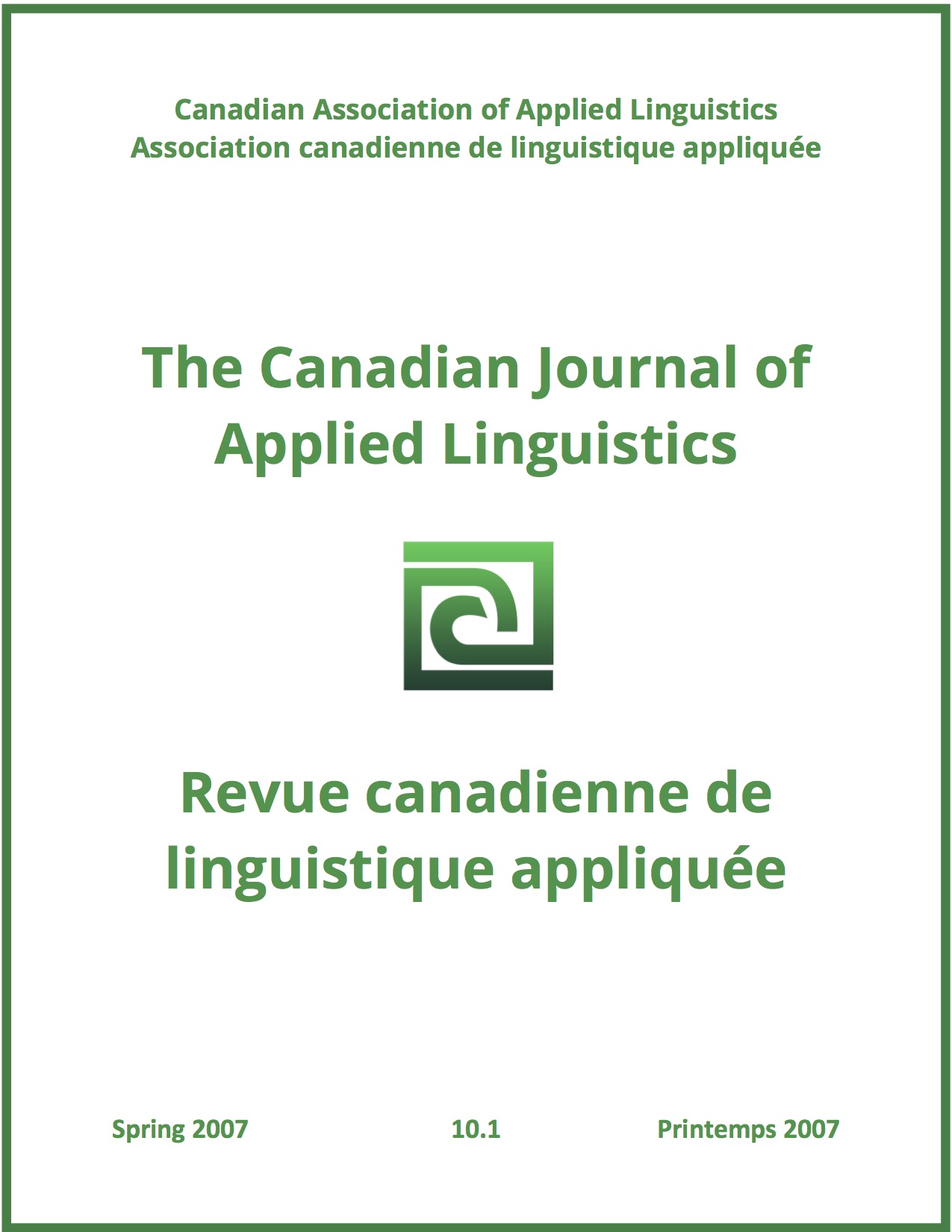Analyse d’erreurs lexicales d’apprenants du FLS : démarche empirique pour l’élaboration d’un dictionnaire d’apprentissage
Abstract
This article deals with lexical errors, i.e., errors stemming from an insufficient knowledge of properties—semantic, formal and combinatorial—of lexical units. Such errors are frequent in written texts produced by language learners. They indicate that there are gaps to be filled in the learner’s lexical knowledge, in particular, when it comes to learners’ ability to efficiently use lexical and paraphrastic relations in text production. Our analysis of a corpus of texts produced by learners of French as a second language, based on a typology of lexical errors we have developed, has revealed a high number of lexical errors, in particular those involving meaning properties of lexical units and their restricted lexical cooccurrence properties. These findings will be used for the development of a learners’ dictionary based on the Meaning-Text linguistic theory and designed in such a way as to facilitate the acquisition and active use of lexical and paraphrastic relations.
Downloads
How to Cite
Issue
Section
License
Authors who publish with The Canadian Journal of Applied Linguistics (CJAL) agree to the following terms:
- Authors retain copyright and grant the CJAL right of first publication with the work simultaneously licensed under a Creative Commons Attribution License <https://creativecommons.org/licenses/by/4.0/> that allows others to share the work with an acknowledgement of the work's authorship and initial publication in the CJAL.
- Authors are able to enter into separate, additional contractual arrangements for the non-exclusive distribution of the CJAL's published version of the work (e.g., post it to an institutional repository or publish it in a book), with an acknowledgement of its initial publication in the CJAL.
- Authors will not simultaneously submit the same piece of work for possible publication to more than one academic journal at a time.



